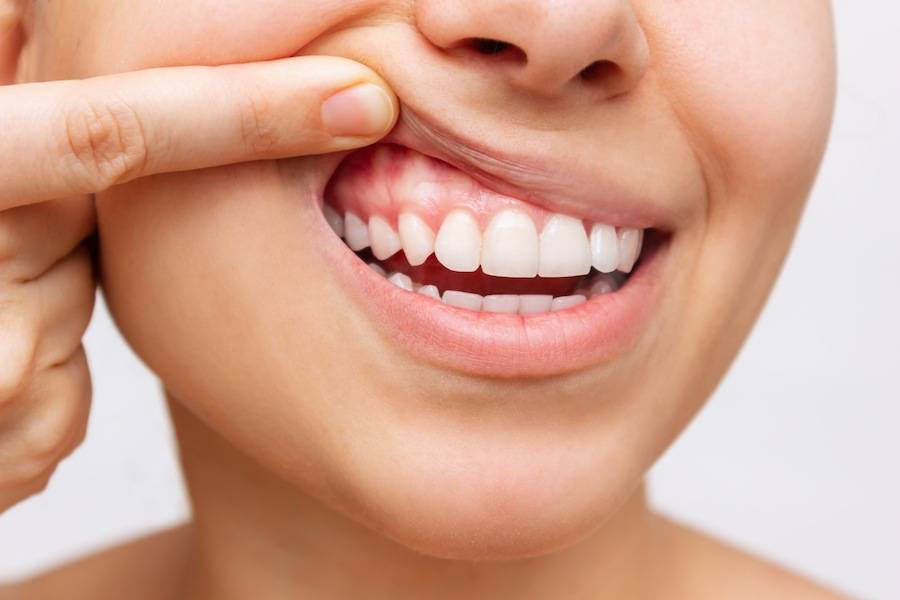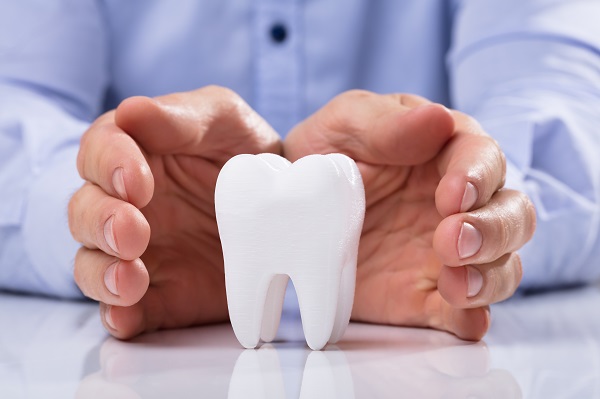Maintaining Your Smile: Tips for Pregnancy
Pregnancy is a beautiful journey filled with excitement and anticipation, but it also comes with its own set of challenges, including changes in oral health. As an expectant parent, it’s essential to take care of your dental hygiene to ensure a healthy smile for you and your baby. Here are some valuable tips to maintain good oral health throughout your pregnancy.
Stay Diligent with Oral Hygiene During Pregnancy
During pregnancy, hormonal changes can increase the risk of gum disease and tooth decay. Therefore, it’s crucial to maintain excellent oral hygiene practices. Brush your teeth twice a day with fluoride toothpaste and floss daily to remove plaque and food particles. Consider using a soft-bristled toothbrush to prevent irritation of sensitive gums. Additionally, rinsing with an alcohol-free mouthwash can help reduce bacteria and freshen your breath.
Pay Attention to Your Diet
A balanced diet is not only essential for your overall health but also for your dental wellbeing during pregnancy. Incorporate plenty of fruits, vegetables, lean proteins, and dairy products into your meals to provide essential nutrients for you and your baby’s development. Limit sugary and acidic foods and beverages, as they can contribute to tooth decay and enamel erosion. Drinking plenty of water throughout the day can also help wash away food debris and keep your mouth hydrated.
Attend Regular Dental Check-ups
Don’t neglect your dental appointments during pregnancy. Routine dental check-ups and cleanings are safe and recommended for expectant mothers. Inform your dentist about your pregnancy and any changes you’ve noticed in your oral health. Your dentist can provide tailored advice and treatments to address any concerns and ensure your teeth and gums remain healthy throughout pregnancy.
Manage Pregnancy-related Oral Health Issues
Pregnancy can exacerbate certain oral health issues, such as gum disease and morning sickness. If you experience swollen, tender, or bleeding gums, known as pregnancy gingivitis, practice gentle brushing and flossing techniques and consider using a soothing mouthwash recommended by your dentist. If morning sickness leads to frequent vomiting, rinse your mouth with water or a fluoride mouthwash afterward to neutralize stomach acids and protect your tooth enamel from erosion.
Practice Stress Management Techniques During Pregnancy
Pregnancy can be a stressful time, and stress can impact your oral health. Chronic stress may lead to teeth grinding, also known as bruxism, which can cause tooth wear and jaw discomfort. Practice relaxation techniques such as deep breathing, meditation, or prenatal yoga to reduce stress levels and promote overall wellbeing. If you notice signs of teeth grinding, consult your dentist, who may recommend a nightguard to protect your teeth while you sleep.
Embrace Safe Dental Treatments
If you require dental treatment during pregnancy, rest assured that many procedures can be safely performed with precautions. Inform your dentist about your pregnancy, and they will take appropriate measures to ensure your safety and comfort. Dental procedures such as fillings and root canals are generally considered safe during pregnancy, especially if there is a risk of infection or discomfort. However, elective procedures like teeth whitening may be best postponed until after giving birth.
Stay Hydrated and Snack Wisely During Pregnancy
Dry mouth is a common issue during pregnancy, often caused by hormonal changes and increased blood flow to the gums. Combat dry mouth by staying hydrated throughout the day, sipping water frequently, and avoiding excessive consumption of caffeinated or sugary beverages, which can exacerbate dryness. Opt for healthy snacks like fresh fruits, vegetables, yogurt, and cheese, which not only provide essential nutrients but also stimulate saliva production and help maintain oral health.
Consider Prenatal Vitamins and Supplements
Prenatal vitamins are crucial for supporting your baby’s development, but they can also benefit your oral health. Ensure your prenatal vitamin contains adequate levels of calcium, vitamin D, and other nutrients essential for strong teeth and bones. Additionally, consider taking omega-3 fatty acids and vitamin C supplements, which can promote gum health and reduce inflammation. Consult your healthcare provider before starting any new supplements to ensure they are safe for you and your baby.
Educate Yourself About Pregnancy-related Oral Health
Knowledge is power when it comes to managing your oral health during pregnancy. Take the time to educate yourself about common dental issues that may arise during pregnancy, such as pregnancy gingivitis, tooth sensitivity, and pregnancy tumours. Understanding the causes, symptoms, and preventive measures for these conditions can help you proactively address any concerns and maintain optimal oral health throughout your journey.
Seek Support and Guidance During Pregnancy
Finally, don’t hesitate to reach out for support and guidance if you have questions or concerns about your oral health. Your dentist, dental hygienist, and healthcare provider are valuable resources who can provide tailored advice and recommendations based on your individual needs and circumstances. By working together as a team, you can ensure that your dental health remains a priority throughout your journey.
Maintaining good oral health is essential for both you and your baby’s wellbeing. By following these tips, you can safeguard your smile and minimise the risk of dental issues during this special time. Remember to stay diligent with your oral hygiene routine, attend regular dental check-ups, and seek professional advice if you experience any oral health concerns. With proper care and attention, you can enjoy a healthy smile throughout your journey.




